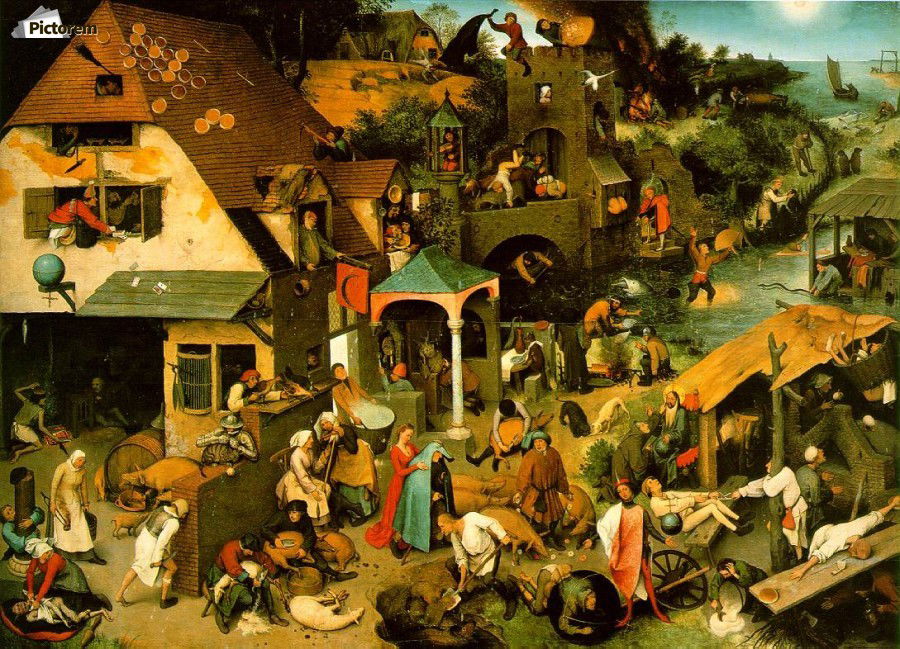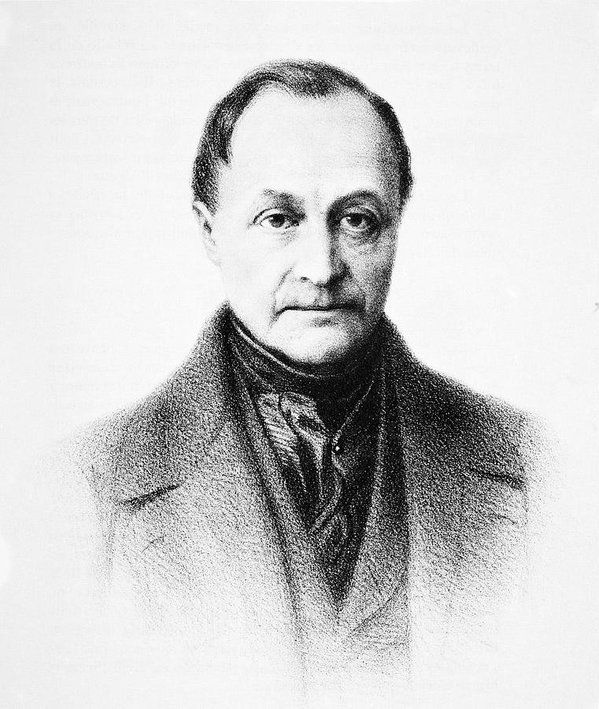The founders of Sociology Part 1: Aguste Comte and Emile Durkheim

A brief introduction:
Before the rise of modern sciences, traditional knowledge and practices passed down through generations persisted well into the 20th Century. One example is that older people with a good sense of knowledge regarding these ways provided advice on how to prevent all sorts of illnesses. (A plaque of lead suspended on a string around a child’s neck warded off colds and kept witches away while the child was sleeping. -Cratis Williams; Williams 2003;397-8)
In modern times, a scientific approach to many matters such as health and illnesses means that children are vaccinated to prevent them from getting common diseases and are taught that nightmares are normal and harmless.
The origins of systematic studies of social life in numerous sweeping changes ushered in by the French Revolution and the Industrial Revolution (18th Century). They were such revolutionary
events that destroyed older ways of life (the traditional ways) and led the founders of Sociology to look into how such radical and drastic changes came about.
💭 In the painting as seen below, a chaotic range of often bizarre activities can be seen which collectively make very little sense. However, the title of the painting-Netherlandish Proverbs- provides the key to interpreting it.💭
There are more than one hundred proverbs illustrated here that were common in the Sixteenth Century 👥

Aguste Comte
There are many contributors to early Sociological thinking. However, particular prominence is usually given to Aguste Comte (1798-1857) Comte, like many other intellectual rivals of the time, used the term ‘social physics’ to describe the fresh, new subject and so, to distinguish his own approach from theirs, he coined ‘sociology’ which means ‘the systematic study of the social world'. Although he knew very well that each scientific discipline has its own subject matter, Comte thought that a similar logic and scientific approach could be applied by them all.
Uncovering laws that govern human societies could help us shape our destiny and improve the welfare of all humanity.
Comte wanted sociology to become a ‘positive science’ that would use the same methods as astronomy, physics and chemistry. Positivism is a doctrine which states that science should be concerned only with observable entities that are known directly to experience. On the basis of careful observation, and by understanding casual relationships between events, scientists can then potentially predict how other future events will occur.
Positivism as a scientific approach in sociology, aims to produce knowledge about society based on evidence drawn from observation, comparison and experimentation.
Comte argued that human efforts to understand the world went through three broad stages:
-The Theological stage which is dominated by Religion.
Guided by religious beliefs and a belief that society was an expression of God’s will.
-The Metaphysical stage in which abstract and speculative thinking is most prominent.
Natural rather than Supernatural / events being explained by reference to natural laws.
-The Positivist stage (also known as ‘the scientific stage’) which refers to scientific explanation through observation, comparison and experimentation.
Ushered in by discoveries of Copernicus, Galileo and Newton, encouraged the application of scientific methods.
Although Comte’s theory and vision was never realized, his contribution to founding a science of society was important to the later professionalization of sociology as an academic discipline. 💕

Emile Durkheim
The ideas of another French Sociologist Emile Durkheim (1858-1917) had a more lasting impact on sociology than those of Comte.
Durkheim saw sociology as a new science that turned traditional and philosophical questions into sociological ones which demanded real-world-empirical-research studies. He argued that we must study social life with the same intention as scientists study the natural world. (Summed up in his famous injunction to ‘study social facts as things’ meaning that social institutions have a hard, objective reality that enables them to be analyzed as objects in the natural world.)
What is a Social fact?
Durkheim explains that social facts are all those institutions and rules of action which channel human behavior. Most of the time social facts are simply taken for granted as ‘normal’ parts of life. (Ex. The monetary system; we borrow from banks to buy a car, a house etc. & if we hadn’t been good at managing money, we will be considered a ‘high risk’ and may not be allowed to borrow/loan.) It is in such sense that the system constrains/shapes our actions (society controls us). Typical of all social facts, they exist independently of the individual and shape their choices/actions.
-Suicide seems to be a purely individual act (outcome of extreme unhappiness. The tip of the iceberg of mental distress created by modern capitalism) Durkheim showed that social facts such as religion, marriage, divorce and social class all exert an influence on suicide rates. As these patterns are regular patterns across different countries, these patterns must be explained in a sociological NOT a psychological way.
Durkheim was particularly interested in social and moral solidarity (what it is that binds society together.) Solidarity is maintained when individuals are integrated into social groups and regulated by a set of shared values and customs.
In The Division of Labour in Society,(Durkheim 1984) Durkheim argued that the advent of the industrial age also led to a new type of solidarity. In his Suicide: A Study in Sociology(Durkheim 1952) Durkheim concludes that there are social forces that are external to the individual that influence suicide rates within society. Durkheim took this as evidence that there are consistent social forces that influence suicide rates, and therefore we can see that general social patterns can be detected even more within individual actions.
According to Durkheim, older cultures with low division of labour (meaning specialized roles
such as work and work occupants) are characterized by mechanical solidarity.[Most people are bound together by common experiences and shared beliefs.]
However, due to the level of development of modern industries, and the enlargement of cities, produced an expanding division of Labour which broke down mechanical forms of solidarity and a new type of organic solidarity was created. People become increasingly dependent on one another, because each person needs services that those in other occupations can supply. Nonetheless, Durkheim thought that the social change within the modern world was so rapid that major difficulties could arise.
As society changes, so do lifestyles of individuals, morals and beliefs,and even accepted patterns of behavior. But when the change is rapid and continuous, the old values lose their grip on people and new ones never truly become established. Durkheim called this ‘anomie’ (Deep feelings of aimlessness, dread, despair as people are left feeling that their lives lack meaning and structure having no clear guidelines of action.)

Quote of the day

Comments



